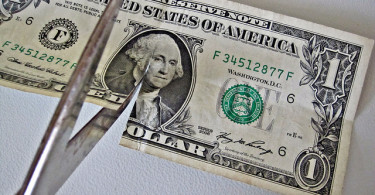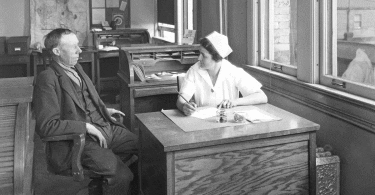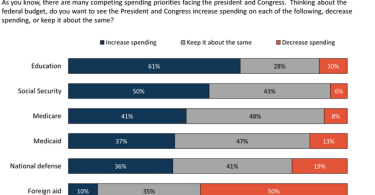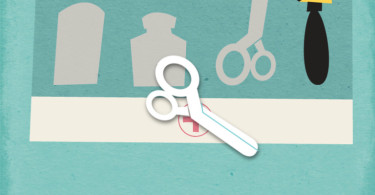Every year but two for the last 40 years, people have seen a cost-of-living increase in their...
What’s Buzzing
Hi-tech goggles allow doctors to see cancer cells
In the what-will-they-come-up-with-next department, a new goggle technology allows doctors to see...
Half a million people with low incomes unable to get mental...
In 1996, the Mental Health Parity Act was signed into law to guarantee that insurers did not...
Financial transaction tax a progressive way to pay for Medicare...
One way to pay for a Medicare or Social Security expansion without affecting low or middle-income...
What price patient satisfaction?
Several years ago, Richard Angelo, a nurse, was convicted of killing several of his patients. He...
On its 80th birthday, Social Security is beloved by young and...
Americans may have diverging views on endless numbers of policy issues but, when it comes to Social...
Caring for both parents and kids: We’re all in it together
We might be told that we are an every person for herself society but there’s compelling data...
How safe are outpatient surgery centers?
Medicare now covers surgeries in some 5,500 outpatient surgical centers. Patients often like...
Vast majority of Americans want to expand Medicare and Social...
A new Kaiser Family Foundation survey of Americans reveals that the public views Medicare and...
Medicare finding ways to cover house calls and save money at once
Can Medicare deliver better care at home to older patients with multiple chronic conditions and...










